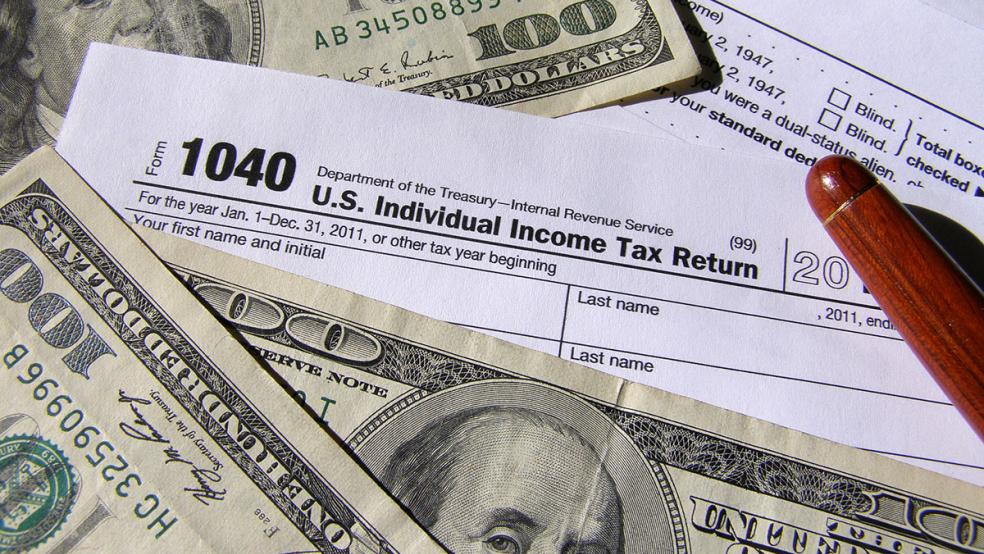A coalition of more than 100 unions, advocacy groups and think tanks wrote to congressional leaders Tuesday urging them to use the upcoming expiration of some 2017 Trump tax cuts to make the tax code more fair and fiscally responsible.
The Congressional Budget Office recently said that extending all the expiring tax cuts would cost $4.6 trillion over 10 years. The groups behind the letter are urging lawmakers to think about broader reforms. “We urge you to use the expiration of these provisions as an opportunity to address long-standing problems with our tax code, not just to tinker around the edges,” they said in a letter to congressional leaders and the heads of tax-writing committees.
The groups behind the letter include the AFL-CIO, the National Education Association, Service Employees International Union and United Auto Workers as well as left-leaning think tanks such as the Center for American Progress, Center on Budget and Policy Priorities, the Economic Policy Institute and the Groundwork Collaborative.
The organizations involved argue that the Tax Cuts and Jobs Act “made massive and permanent cuts to corporate taxes and temporary cuts to individual and estate taxes that have largely benefitted the wealthy and eroded tax revenues even further.” They say the 2017 overhaul was “a large and costly mistake” and “a failure on its own terms” because it did not raise wages for most Americans even as the compensation for top corporate leaders soared.
“American workers were promised that if we spent $2 trillion on tax cuts primarily for corporations and the rich, it would trickle down into higher wages,” said Michael Linden, the former executive associate director at the White House Office of Management and Budget and a coordinator of the letter. “That didn’t happen. Corporations got their tax cut, but workers didn’t get their pay raise.”
Citing a 2023 analysis by the Center for American Progress, the letter also argues that, without the tax cuts enacted under Presidents Donald Trump and George W. Bush, “national debt, as a percent of GDP, would also be on a permanent downward trajectory today.”
The groups lay out three overarching goals for 2025 reforms:
* Make the tax code “more fair” by asking large corporations and those taking home more than $400,00 a year to pay more — and not just what they would pay if the 2017 laws were allowed to expire. “Tax reform must result in a more progressive tax code that asks higher-income and higher-wealth households, corporations, and Wall Street to pay a greater share of their income in tax than they would in the absence of the TCJA,” the letter says.
* Raise more revenue than would be generated by letting the 2017 provisions expire. The groups say that the 2017 cuts led to tax revenue equal to just 16.5% of GDP in 2023. “We need a tax code that generates sufficient revenue to fund our national priorities while appropriately reducing fiscal risks,” the groups say. “The pre-TCJA tax code was expected to generate roughly 18 percent of GDP, but even that level is ultimately below what is needed to ensure adequate investments in our children, reduce poverty, address racial and gender disparities, fulfill our commitments to America’s seniors, veterans, and people with disabilities—and support our continued growth and prosperity as a country.”
* Foster “greater and more inclusive economic growth,” which they say can result from investments in child care, expanding the Child Tax Credit and building a more climate-friendly sustainable energy system. “Under the Biden Administration, we have seen that investments in everyday people are the real key to economic growth,” the letter says.





